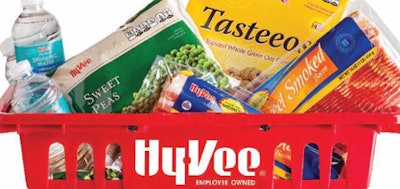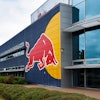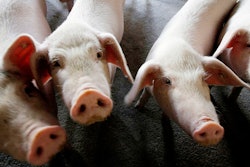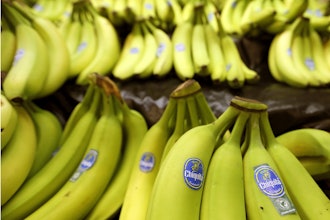
A new market research study by Technavio shows the U.S. private label food and beverage market growing at a compounded annual growth rate of three percent over the next five years, hitting $20.4 billion in 2023. Some findings of the survey include:
- The demand and acceptance for private label brands is lower in the U.S. than European countries. Therefore, to increase acceptance among consumers, various private-label brand vendors in the U.S. are focusing on the premiumization of these products. For instance, Whole Foods Market offers premium seafood products under its premium private-label category, Whole Catch. Similarly, other significant vendors offer their premium food products under the organic category.
- To attract consumers of varying income levels, many retailers have extended their range of private-label products from economical products to luxury goods. Thus, the premiumization strategy by private-label vendors will encourage more consumers to purchase private-label food and beverage products.
- Owing to the increased competition from national brands, private-label vendors are now venturing across to a multitude of higher-value, specialty categories, including almond milk, nut butter and better-for-you categories.
- The demand for specialty private-label offerings among consumers has been increasing in recent years in the U.S. To capitalize on this opportunity, private-label vendors are offering specialty products with improved quality and greater alignment with consumers' values. These product extensions will increase the shelf space of private-label brands in the specialty category.
- Many vendors are also expected to offer their private-label brands through online channels to extend their reach.
- Intense competition between private-label vendors and national brands might slow down the growth of the market in the U.S. However, with private-label brand vendors focusing more on the premiumization of these products, the market is expected to witness a positive outlook during the forecast period.






















